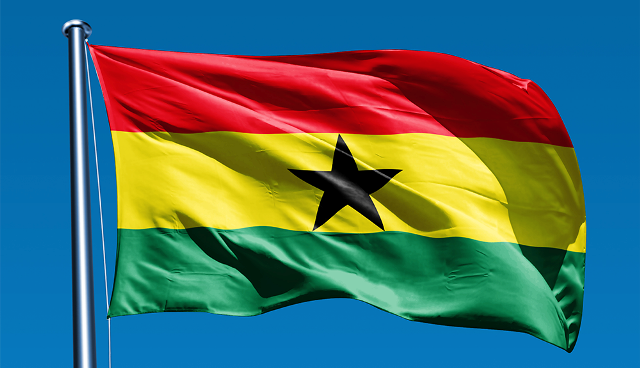The World Bank has issued a stark warning, revealing that Ghana and 27 other developing economies find themselves ensnared in an inescapable debt trap, with little hope for relief in the near future.
In its recent publication titled “A silent debt crisis is engulfing developing economies with weak credit ratings,” the Bretton Woods institution highlighted the alarming average debt-to-Gross Domestic Product (GDP) ratio of nearly 75% for these economies by the end of 2023 – a figure 20 points higher than the norm for developing nations.
While some developing economies are experiencing glimmers of hope, with global inflation receding and interest rates stabilizing, the report paints a dire picture for the most vulnerable countries. Despite a recent surge in bond issuance by certain developing nations, the 28 countries with the weakest credit ratings remain trapped in a perilous debt cycle, exacerbated by their disproportionate debt burden.
The World Bank stressed the urgent need for international assistance, advocating for both debt relief measures and a comprehensive restructuring framework to address the crisis. It emphasized the importance of creating fiscal space to foster economic growth and resilience, noting that fiscal imprudence has been a root cause of many nations’ debt woes.
Ghana, among the countries affected, finds itself categorized in debt distress, according to the Debt Sustainability Analysis (DSA) conducted jointly by the World Bank and the International Monetary Fund (IMF). The analysis indicates that Ghana’s debt situation is currently unsustainable, exacerbated by the loss of international market access and macroeconomic challenges.
Despite these grim realities, the presence of an IMF program offers a glimmer of hope for Ghana’s future debt sustainability. The report suggests that with continued adherence to the program, Ghana may achieve a more sustainable debt profile by 2026.
